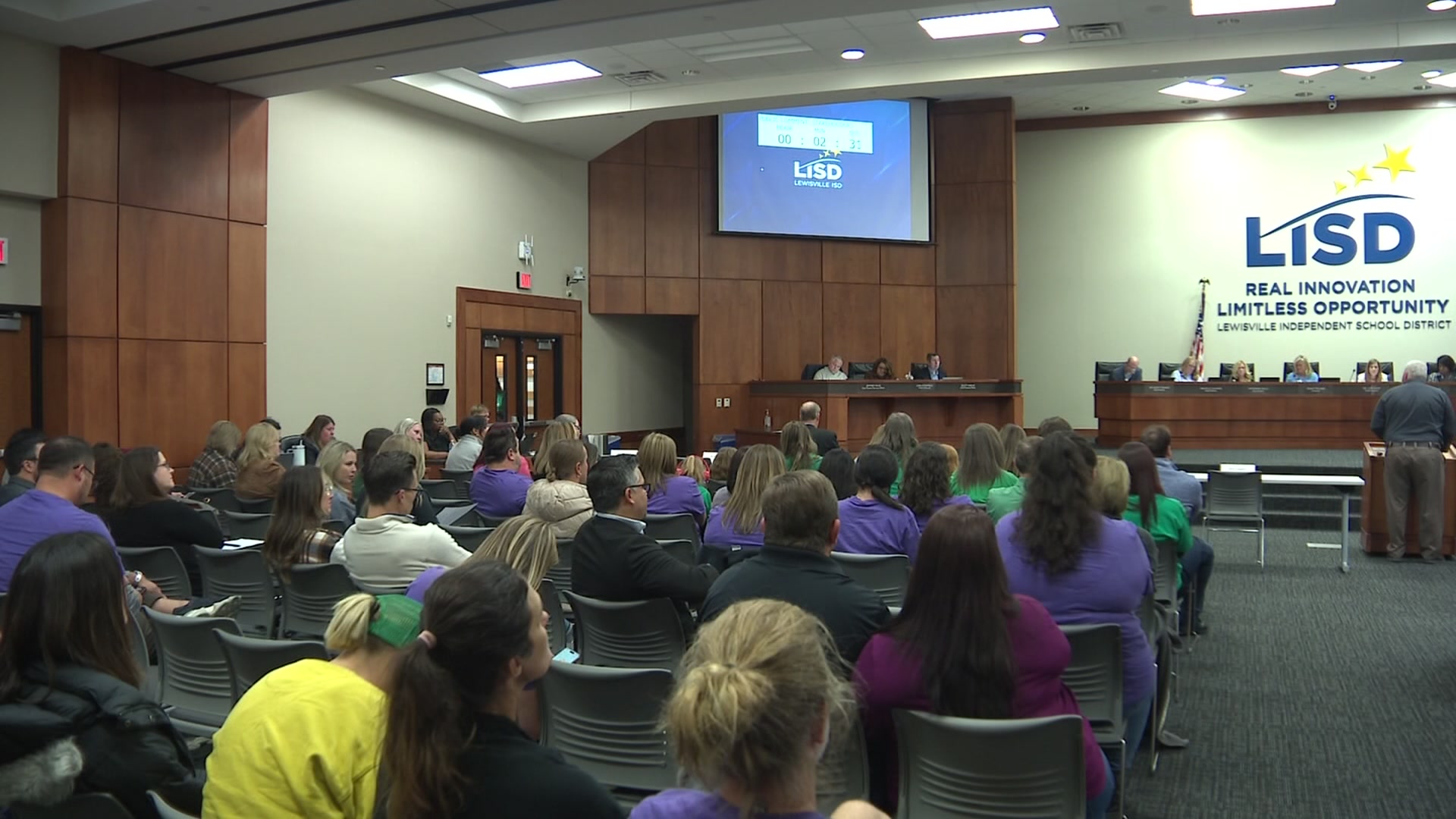A big new government study is reigniting the heated debate over whether cell phones could be linked to cancer.
It's a multi-year, $25 million study... that focused on what cell phone radiation does to rats.
The most significant finding was a significant increase in a rare kind of heart tumor in male rats.
But how do the findings translate to humans?
Staying connected through your cell phone is the only way of life for a lot of North Texans.
But what if it's raising your risk of cancer?
In this study, researchers exposed rats to intermittent whole body radiation for 9 hours a day, seven days a week for two years.
Local
The latest news from around North Texas.
They say it's equivalent to a lifetime of exposure of radio frequency radiation from average cell phone use.
The result?
Two to three percent of the rats developed a tumor..
On Wednesday, a panel that reviewed the study said the evidence indicates a greater risk than originally thought..
"We've been looking a the impact of radio frequency radiation for quite some time.. for many years.. to try to understand relationship between exposure to that radiation and to cancer," said Dr. Debra Patt, Former Chair of the Cancer Committee for the Texas Medical Association and Vice President of Texas Oncology.
She points out that while the study establishes the clearest connection to cell phone risk to humans... it still needs further investigation.
The Food and Drug Administration also said it will take a deeper look.
Still - Patt says she wouldn't change her cell phone use just yet.
"I don't think that this study is enough yet to change behavior. I don't think there's conclusive evidence an increase risk of cancer because of exposure based on what we see from this finding."
Doctors we spoke with say there's no need to change your cell phone use if you're an average user.
But there are ways to minimize radiation exposure, like use headphones or earbuds. Keep your phone away from your body and off your nigh-stand while sleeping, and limit your child's usage, as their brains are still developing.




